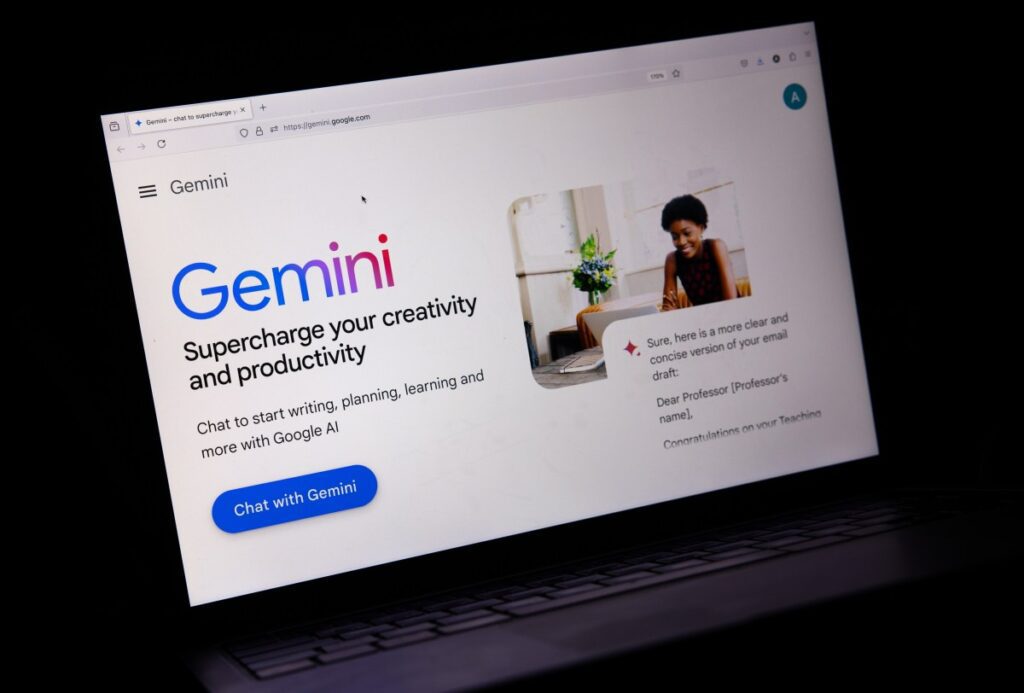Concerns Emerge Over Google’s Gemini AI Amid New Contractor Guidelines
Generative AI might seem like magic at first glance, but there’s a whole team of ‘prompt engineers’ and analysts working tirelessly behind the scenes at giants like Google and OpenAI. These individuals play a crucial role in fine-tuning AI systems by meticulously assessing chatbot outputs to ensure accuracy and reliability. However, a recent update to internal guidelines for contractors involved with Google’s Gemini project has raised eyebrows, particularly about its handling of sensitive information, such as healthcare.
What’s Happening with Google’s Gemini?
According to TechCrunch, contractors from GlobalLogic—an outsourcing firm owned by Hitachi—are now required to evaluate AI-generated responses without the prior ability to skip prompts outside their expertise. This change has sparked concerns regarding the potential spread of inaccurate information in critical areas, especially when it comes to specialized topics where the contractor may have no background or knowledge.
Previously, these contractors were allowed to skip prompts if the subject matter was far beyond their understanding. For instance, if a prompt involved intricate details regarding cardiology, a contractor lacking a medical background could simply choose to opt-out. The internal guidelines used to echo the wisdom of specialization: “If you do not have critical expertise (e.g. coding, math) to rate this prompt, please skip this task.”
Now, in a shift that some are calling troubling, the guidance has changed. Contractors are instructed not to skip prompts, even those requiring specialized knowledge, but rather to evaluate the parts they feel comfortable with and note their lack of expertise.
The Implications of This Change
This new directive has raised alarms about the accuracy of responses from Gemini, particularly concerning complex issues like rare diseases and medical conditions, which could easily lead to misinformation. One contractor expressed their frustration, questioning why the previous system, which allowed specialists to handle complex topics, was overturned: “I thought the point of skipping was to increase accuracy by giving it to someone better?”
Under the new regime, contractors can only bypass prompts in two limited situations: if information is completely missing from the prompt or response, or if the content is harmful and requires special consent forms to evaluate.
Why This Matters to You
For the everyday individual interested in leveraging AI for information—whether it’s for health concerns or general knowledge—this shift in guidelines can have serious implications. It’s crucial to understand that the reliability of the information you receive from AI solutions may be compromised by these new protocols.
As we navigate this landscape of rapidly evolving technology, it’s essential to approach generative AI with a critical eye. While it can provide insights and assistance, understanding the limitations of the information is equally important.
In conclusion, while Google aims to enhance its Gemini AI, the methodology being employed raises significant questions about the quality of information being disseminated. It serves as a reminder that as we integrate AI into our daily lives, we must remain vigilant consumers of the content that we receive.
The AI Buzz Hub team is excited to see where these breakthroughs take us. Want to stay in the loop on all things AI? Subscribe to our newsletter or share this article with your fellow enthusiasts.




